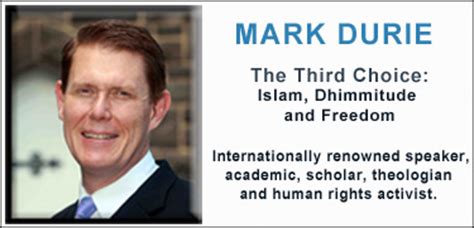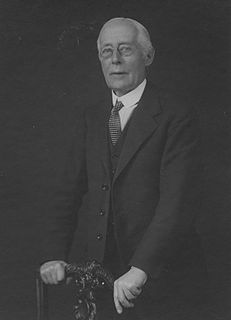A Quote by Denis Diderot
The decisions of law courts should never be printed: in the long run, they form a counter authority to the law.
Related Quotes
I often wonder whether we do not rest our hopes too much upon constitutions, upon law and upon courts. These are false hopes, believe me, these are false hopes. Liberty lies in the hearts of men and women; when it dies there, no constitution, no law, no court can save it; no constitution, no law, no court can even do much to help it. While it lies there it needs no constitution, no law, no courts to save it.
In the United States we have all across this country, we have dozens of Halakha courts, in which particularly observant Jews can take these issues of family law to an orthodox Court and have that judge, judge for them. As long as the courts don't violate the laws of the land and as long as there's a room for appeal should one or two parties disagree with the verdict, I don't see how this would have anything to do with being incompatible with what we refer to as Western ideas of democracy.
The common law of chattels, that is to say, the law ultimately adopted by the King's courts for the regulation of disputes about the ownership and possession of goods, was, to be a substantial extent, a by-product of that new procedure which had been mainly introduced to perfect the feudal scheme of land law.
The law is equal before all of us; but we are not all equal before the law. Virtually there is one law for the rich and another for the poor, one law for the cunning and another for the simple, one law for the forceful and another for the feeble, one law for the ignorant and another for the learned, one law for the brave and another for the timid, and within family limits one law for the parent and no law at all for the child.
The most absurd apology for authority and law is that they serve to diminish crime. Aside from the fact that the State is itself the greatest criminal, breaking every written and natural law, stealing in the form of taxes, killing in the form of war and capital punishment, it has come to an absolute standstill in coping with crime. It has failed utterly to destroy or even minimize the horrible scourge of its own creation.




































